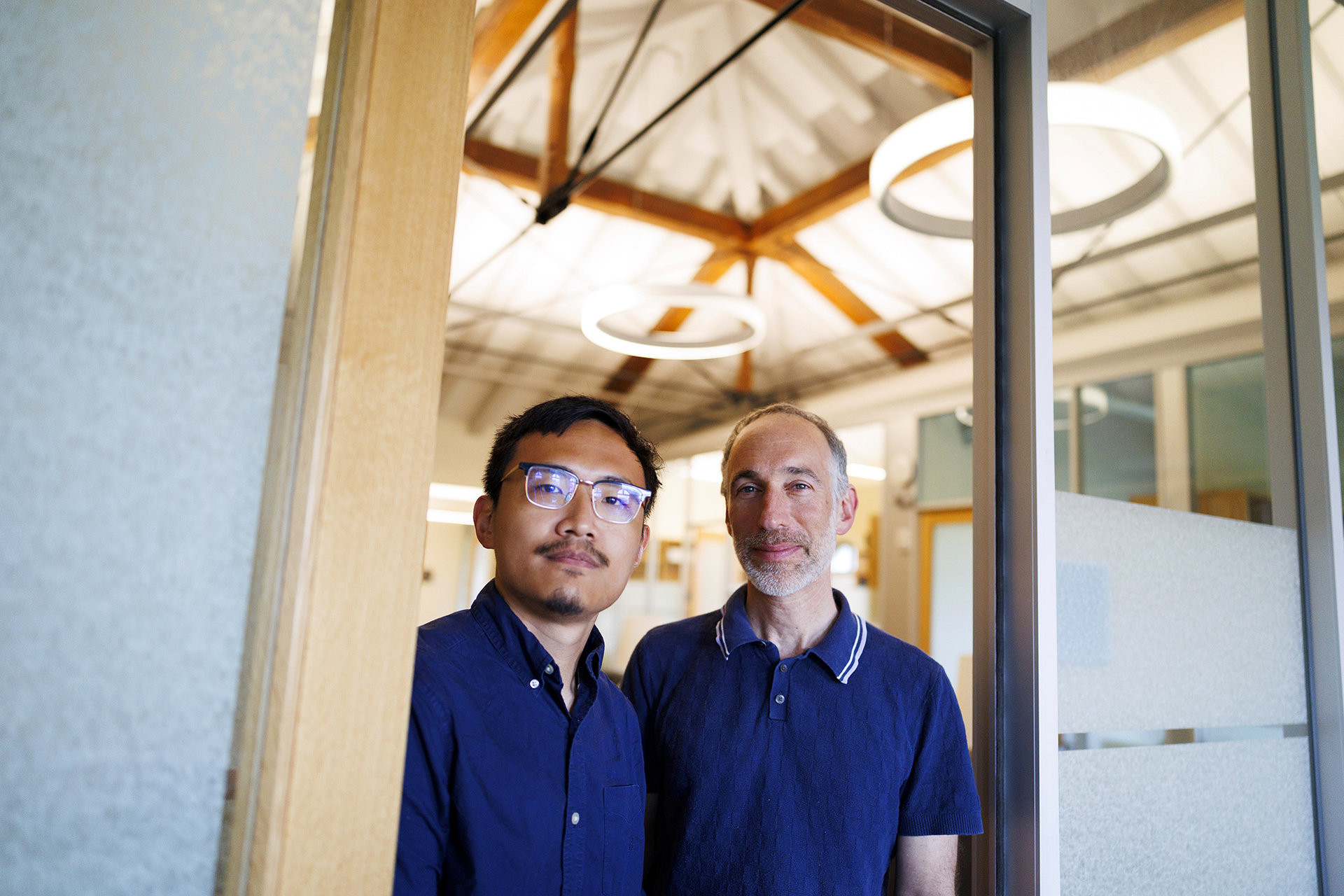fromwww.cbc.ca
4 weeks agoNew project aims to map genomes of Black Canadians, provide better health outcomes | CBC News
In her 10 years as a health-care administrator, Cheryl Prescod has seen firsthand the ways Black Canadians can feel left behind by the blanket approach sometimes taken by the country's health-care system. As executive director at the Black Creek Community Health Centre in Toronto's Jane and Finch neighbourhood. Prescod serves a diverse clientele, including a large proportion of Black and racialized individuals people who say it can be difficult to access health care that makes them feel safe and culturally respected.
Public health





